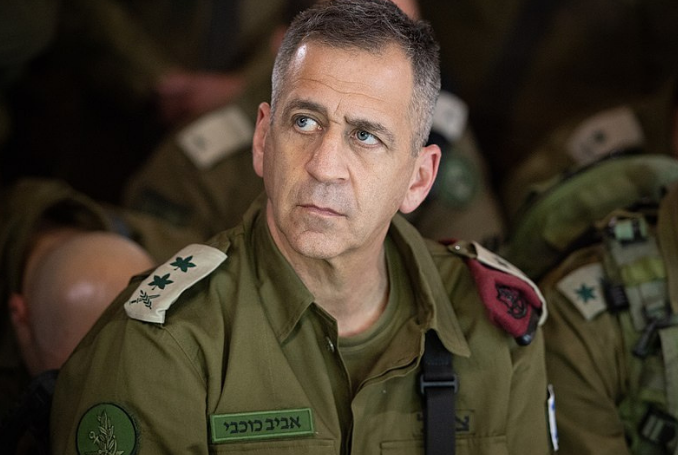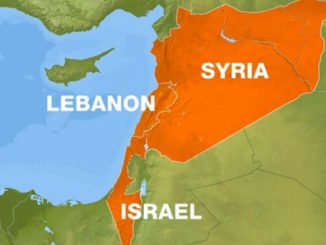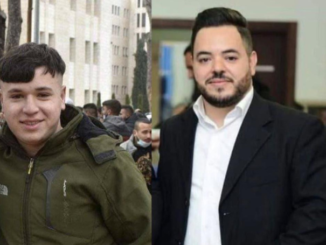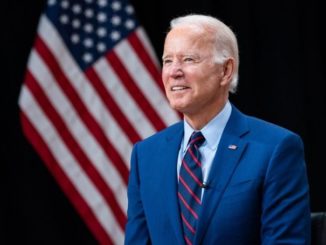
Israeli army chief Aviv Kochavi said Monday a strike on Iran was becoming more likely as talks on its nuclear program stall and “disappointment” over Arab-US talks in Jeddah, The New Arab reported, citing Israeli media.
“Preparing for a military option against Iran’s nuclear program is a duty…and comes at the core of [our] national security,” Kochavi was quoted as saying, by Israel’s i24News.
He added that, while diplomacy was the better option, “history has proven many times that diplomacy can fail or succeed for a certain period of time, and then be violated or betrayed”.
Israeli Army Chief of Staff Aviv Kochavi said on Sunday that the country's armed forces are preparing for military action against Iran.Because there is a possibility of a military attack on Iran's nuclear program. Quoting Al-Arabiya network, Kokhawi emphasized: pic.twitter.com/yrlWkdgE6l
— Hussain (@Hussain52638352) July 18, 2022
“The Israeli army continues to prepare for the attack on Iran…therefore we must be prepared for all developments and scenarios,” he stated.
Kochavi’s warning comes after a senior adviser to Iran’s supreme leader told Al Jazeera’s Arabic service on Sunday that Tehran is technically capable of making a nuclear bomb but has yet to decide whether to build one, despite for many years saying it never intended to create weapons from its nuclear program.
The statement has further angered Israel, already disappointed with the results of a US-Arab summit in Saudi Arabia over the weekend which it considers failed to address Iranian threats.
“The breakthrough that Israel had hoped to achieve with the Saudis did not materialize, and the security problems facing it will worsen in the near future,” Israel’s Yedioth Ahranoth wrote.
Kochavi talks about "moral obligation" as "Israel" continues to expel #Palestinians from their homeland in #MasaferYatta. #Palestine
— Al Mayadeen English (@MayadeenEnglish) July 17, 2022
While US President Joe Biden vowed not to allow Iran to own a nuclear bomb, Gulf Arab states voiced positivity towards their long-time, regional foe, saying they wanted better relations with Tehran.
They also denied reports that a regional military alliance, similar to NATO, was in the works to confront Iran.
Iran’s indirect talks with the US on reviving the 2015 nuclear pact began in November in Vienna and continued in Qatar in June. But the negotiations have faced a months-long impasse.
Former President Donald Trump’s abandonment of the deal in 2018 spurred Tehran to breach nuclear limits in the pact.
(The New Arab, PC, Social Media)







